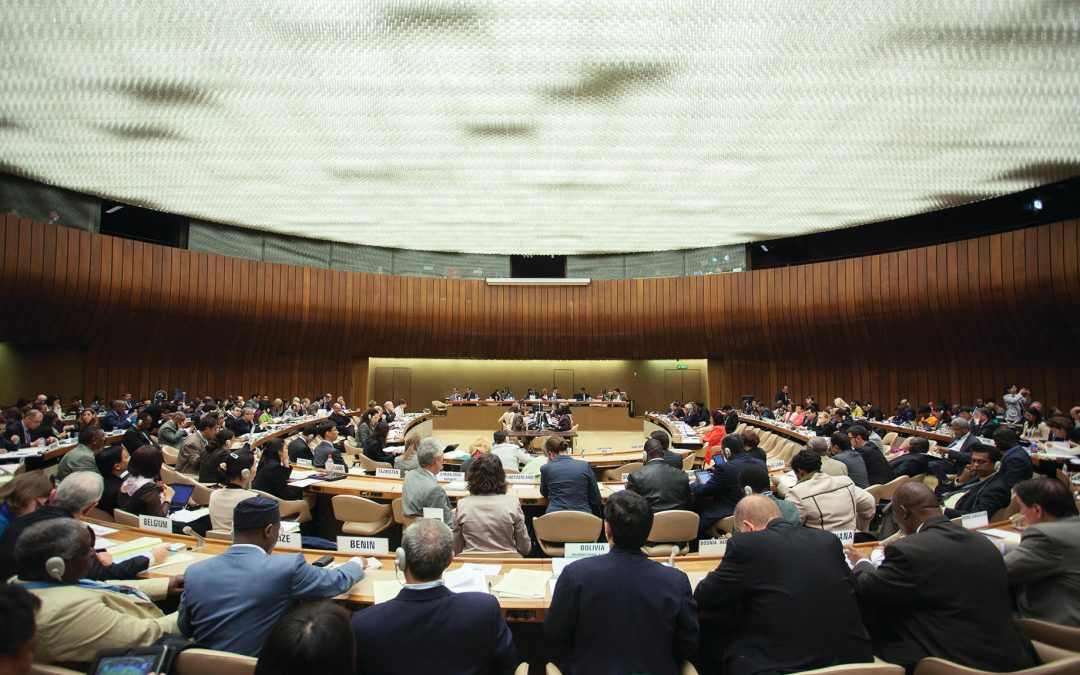by Leonard S. Rubenstein
A decade ago, when I was researching attacks on health workers and facilities over the preceding decades, I was struck by the fact that the World Health Organization (WHO) was silent on violence against hospitals, patients, and health workers, a human rights problem that has such a profound effect on health services in situations of conflict. The right to health requires the availability and accessibility of health services in conflict, and as international humanitarian law does, obligates states to refrain from interfering with health services or personnel and protecting them from violence, obstructions, and threats by third parties. Moreover, the WHO is uniquely positioned to advance the right to health in conflict because of its lead role on health in humanitarian emergencies, its broad reach, and its constitutional mandate to lead on international health policy and provide statistical and epidemiological services …

